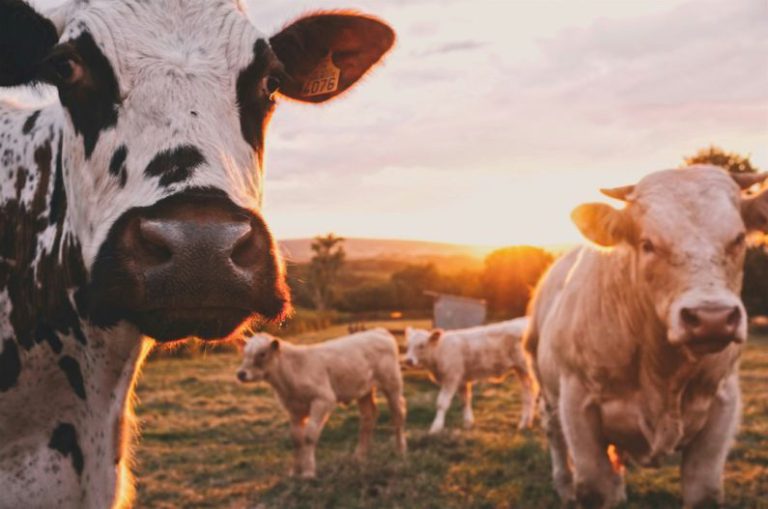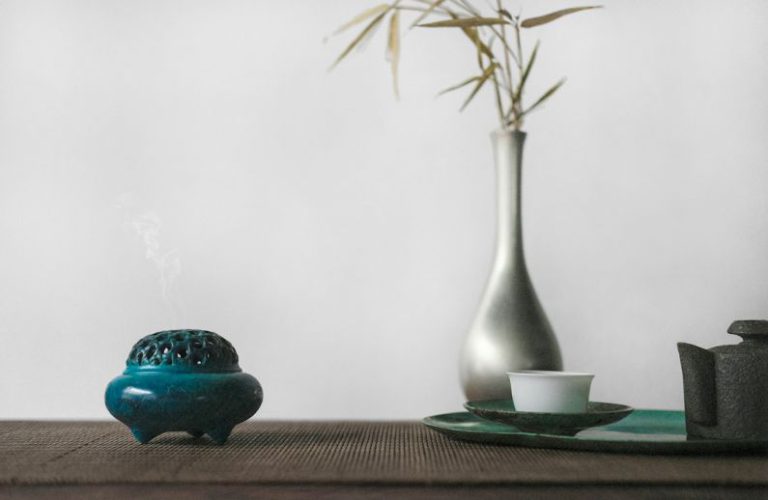Tea and Buddhism: a Connection Like No Other
In the serene realms of Buddhism, where mindfulness and tranquility reign supreme, tea holds a special place as a companion to spiritual practice. The ancient ritual of tea drinking has been intertwined with Buddhist traditions for centuries, creating a bond that goes beyond mere refreshment. From the meditative preparation of tea to the deep symbolism associated with its consumption, the connection between tea and Buddhism is a profound and enriching one that resonates with practitioners and tea lovers alike.
The Ritual of Tea in Buddhist Practice
Tea is not merely a beverage in Buddhism; it is a sacred ritual that embodies the principles of mindfulness and presence. The act of preparing and serving tea is considered a form of meditation in itself, requiring focus, intention, and a deep sense of awareness. From carefully selecting the tea leaves to the precise movements involved in brewing and pouring the tea, each step is performed with a sense of reverence and respect for the process.
Tea ceremonies are common in many Buddhist traditions, with each ceremony having its own unique customs and rituals. In Zen Buddhism, the Japanese tea ceremony, known as chanoyu, is a highly choreographed event that emphasizes harmony, respect, purity, and tranquility. The simple act of sharing a bowl of tea becomes a profound experience that brings practitioners together in a moment of connection and mindfulness.
Symbolism and Significance of Tea in Buddhism
Tea is not just a drink; it is laden with symbolism and spiritual significance in the context of Buddhism. The humble tea plant, Camellia sinensis, is believed to have the power to awaken the senses and calm the mind, making it an ideal companion for meditation and contemplation. The act of drinking tea is seen as a way to purify the body and mind, promoting clarity and focus in one’s spiritual practice.
The teacup itself holds symbolic importance in Buddhist teachings. Its delicate form and impermanent nature serve as a reminder of the transient nature of life and the importance of living in the present moment. By savoring each sip of tea and being fully present in the act of drinking, practitioners cultivate a sense of gratitude and awareness that carries over into their daily lives.
Tea as a Catalyst for Mindfulness
One of the key tenets of Buddhism is the cultivation of mindfulness, the practice of being fully present and engaged in the moment. Tea serves as a powerful catalyst for mindfulness, inviting practitioners to slow down, savor the present moment, and appreciate the simple pleasures of life. In a world filled with distractions and busyness, tea offers a moment of respite and reflection, allowing individuals to connect with themselves and their surroundings on a deeper level.
The act of brewing and drinking tea can be a meditative practice in itself, helping to quiet the mind and center the spirit. As the steam rises from the teapot and the aroma of the tea fills the air, practitioners are drawn into a state of peaceful awareness, where the worries of the world fade away, and only the present moment remains. In this way, tea becomes a powerful tool for grounding oneself in the here and now, fostering a sense of calm and clarity that supports one’s spiritual journey.
Embracing the Harmony of Tea and Buddhism
In the harmony of tea and Buddhism, we find a profound connection that speaks to the essence of mindfulness, presence, and spiritual awakening. Through the simple act of brewing and drinking tea, practitioners are reminded of the beauty and impermanence of life, inviting them to savor each moment with gratitude and awareness. The ritual of tea serves as a bridge between the inner world of the mind and the outer world of the senses, creating a space for contemplation, connection, and renewal.
As we embrace the ritual of tea in our own lives, we can learn valuable lessons from the Buddhist teachings it embodies. By approaching each cup of tea with mindfulness and intention, we can cultivate a deeper sense of presence and appreciation for the world around us. In this way, tea becomes not just a drink but a pathway to spiritual growth and enlightenment, inviting us to slow down, breathe, and be fully alive in the richness of the present moment.






